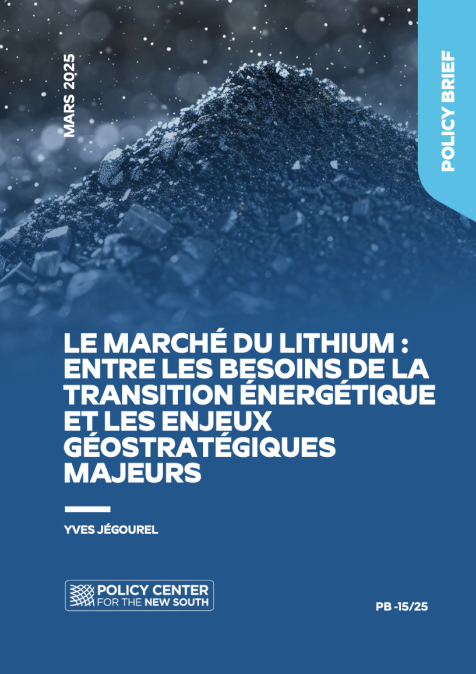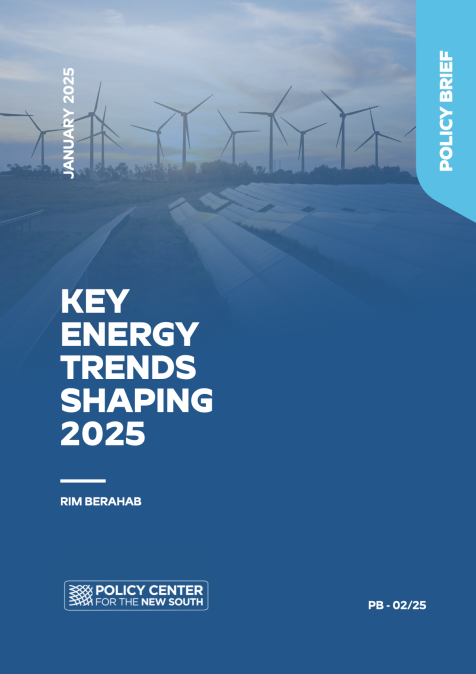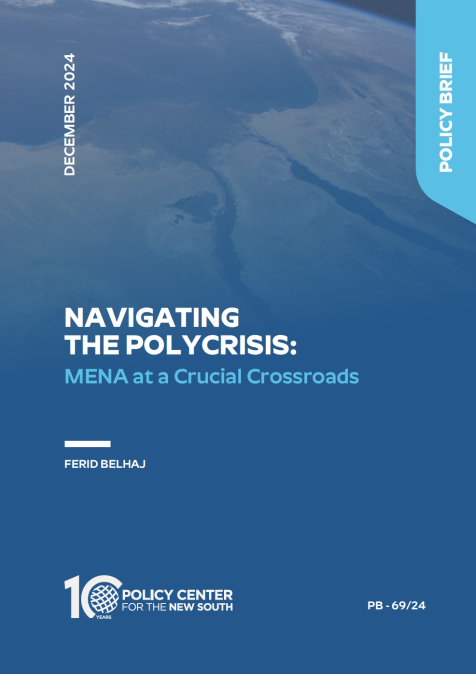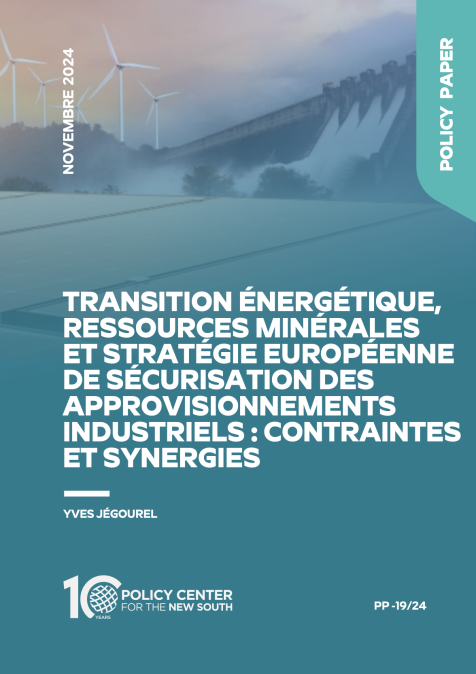Les Mardis du PCNS 07/07/2020 : آثار أزمة كورونا على دينامية محاربة التغيرات المناخية
بعد تفشي فيروس كورونا المستجد في جل مناطق العالم، اختلفت طرق التصدي له من دولة إلى أخرى. حيث اعتمدت الدول قرارات متفاوتة من حيث الصرامة في ظل الحد من تفشي هذا الوباء. وفي نفس الصدد، اتُخذت عدة قرارات لدعم المواطنين لكي يتاح لهم المرور من هذه الأزمة بأقل الأضرار الممكنة في مختلف القطاعات والمجالات من أجل تحقيق نقلة نوعية تتسم بالصمود والإنصاف والعدالة الاجتماعية والمجالية. في هذا الإطار، في حين أن الأزمة الصحية خلفت آثارا عديدة على مختلف المستويات غير أن العلماء والخبراء البيئيين سجلوا عدة ملاحظات من قبيل أن المنظومة المناخية باتت هي الرابح الأكبر من الجائحة، لكنها أبانت كذلك عن نوع من الهشاشة في مواجهة حالات الطوارئ بما أن مكاسب التنمية تأثرت بشكل مباشر سرعان ما فرض انتشار المرض نفسه على كافة المجالات الاقتصادية والاجتماعية. فهل جعلت هذه الأزمة من مختلف الفاعلين أن يعيدوا حساباتهم في بناء قدرة المنظومة المناخية على التصدي والصمود في مواجهة السناريوهات الكارثية؟ كيف تعامل النشطاء البيئيون في ظل الجائحة لإعادة إبراز أهمية هذا المجال في النقاش العام حول تدابير ما بعد الجائحة؟ هل أثرت الأزمة على المكاسب التي جرى تحقيقها على مدى العقود الماضية لتلبية احتياجات التنمية المستدامة؟ وما هي الدروس التي يمكن استخلاصها من هذه الجائحة لإعادة إحياء دينامية محاربة التغيرات المناخية؟ المسيرة: إيمان لهريش، مسؤولة عن البرامج بمركز السياسات من أجل الجنوب الجديد المتدخلون: رجاء شافيل، مديرة مركز الكفاءات المتعلقة بتغير المناخ وعضوة باللجنة الخاصة بالنموذج التنموي عبد الرحيم قصيري، منسق التحالف المغربي من أجل المناخ والتنمية المستدامة وعضو بالمجلس الاقتصادي والاجتماعي والبيئي














